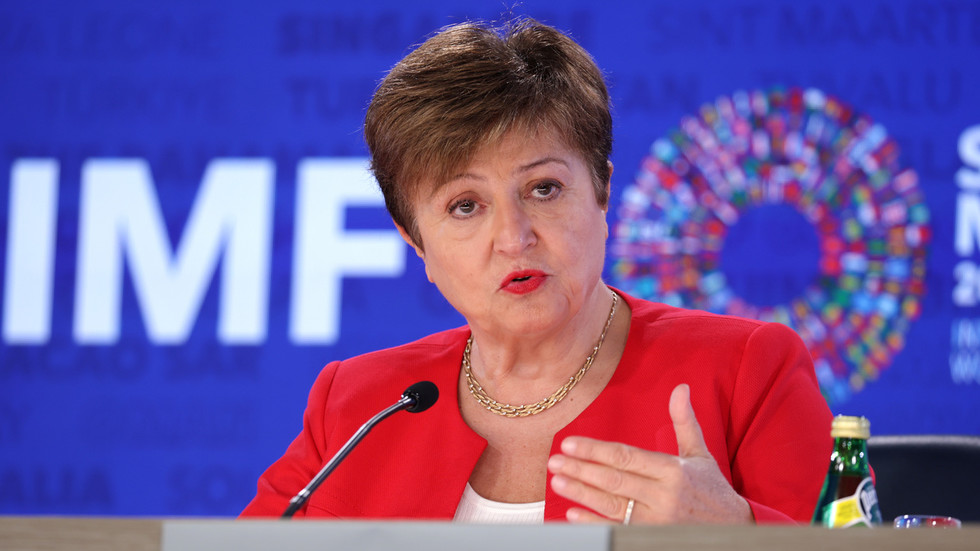BELGRADE - Serbia has maintained strong medium-term GDP growth prospects, strengthened fiscal and external buffers continue to provide a strong backstop against potential shocks, the macroeconomic framework is additionally supported by the Policy Coordination Instrument, a new unfunded arrangement with the IMF, the National Bank of Serbia (NBS) said on Tuesday, quoting a periodic review published by Standard & Poor’s.
The review does not contain a rating and outlook assessment.
"In the medium term, the agency expects economic growth to be driven by domestic demand, i.e. consumption and investment," the NBS said in a statement.
"The review also highlighted that:
- investment growth is propped up by macroeconomic stability and price competitiveness,
- over the past decade, exports have tripled, driven by sustained FDI inflows into export-oriented sectors such as manufacturing and technology, reflecting deepening integration into European supply chains,
- Serbia’s external profile has strengthened significantly, thanks to robust FDI inflows which have more than covered current account deficits, supporting a gradual reduction in external debt and FX reserves accumulation, and bolstering the country’s resilience to external risks," the central bank said.
"According to S&P, available economic data do not indicate a significant weakening in activity so far in the year, despite downside risks due to weakness in key export markets, primarily in the euro area, higher tariffs, sanctions imposed on NIS, which have been temporarily waived, as well as political pressures at home.
According to the agency’s projection, the current account deficit should measure below 6 pct of GDP in 2025 driven by investment cycle-related imports. It is expected to narrow to around 4.6 pct on average in subsequent years and remain fully financed by FDI inflows.
In addition to external buffers, S&P emphasises in its review Serbia’s strong fiscal position and high liquidity buffers, as a guarantee of resilience to shocks. A budget deficit of 3 pct of GDP envisaged by the 2025 Budget Law is assessed as broadly consistent with the government’s medium-term fiscal framework. It is expected to fall gradually in the coming years, averaging 2.6 pct, and thus underpinning the downward trajectory of the share of public debt in GDP.
Evaluating inflation movements, the agency stated that a declining trend prevailed throughout the past year and that in June 2024, inflation was reduced to 3.8 pct. After that, due to food and service prices, inflation rose modestly, reaching 4.5 pct y-o-y in February. According to S&P projections, inflation will continue moving within the NBS target band of 3±1.5 pct, averaging 4.2 pct in the current year," the NBS said.
"S&P stated that financial stability in Serbia is underpinned by a well-capitalised, profitable and liquid banking sector with the maintained high quality of assets, as indicated by the fall in the NPL ratio to mere 2.5 pct at end-2024. The currency risk is mitigated thanks to the NBS’s commitment to maintaining relative exchange rate stability, which has strengthened the deposit base as a source of funding and helped anchor investor confidence," it said.
"Despite all the challenges from both the international and domestic environment, we have successfully maintained the overall stability of the economic system, and this is recognised in the report by Standard & Poor's. In recent years, we have built buffers that allow us to respond to any situation, which we have demonstrated several times through appropriate reactions whenever necessary. The majority of investors and international financial institutions particularly value the work of the National Bank of Serbia and assess it through the long-standing preservation of the relative stability of the exchange rate. The current level of FX reserves, which stood at nearly 29 bln euros at end-February, has been steadily increasing year after year as a result of responsible policymaking in the prior period, and this provides us with the assurance that we will be able to successfully respond to any challenge in the future as well,” NBS Governor Jorgovanka Tabakovic said in a comment on the S&P review.

 1 week ago
7
1 week ago
7






 We deliver critical software at unparalleled value and speed to help your business thrive
We deliver critical software at unparalleled value and speed to help your business thrive






 English (US) ·
English (US) ·